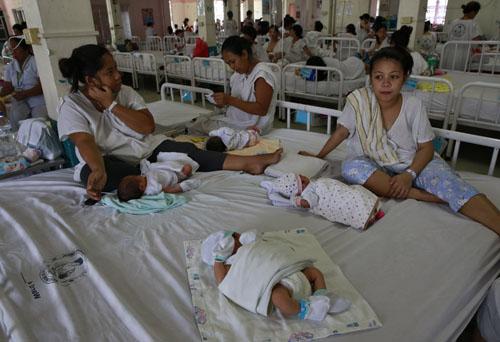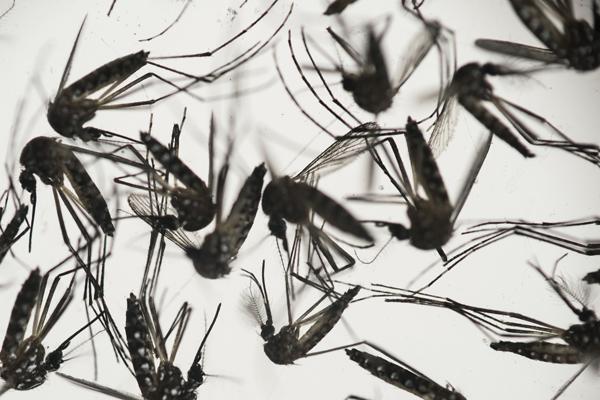You are here
Authorities on alert to monitor potential Zika cases
By Laila Azzeh - Feb 01,2016 - Last updated at Feb 01,2016
 AMMAN — The Health Ministry is on "alert" and in "direct contact" with the World Health Organisation (WHO) to monitor any outbreak of the Zika virus, spokesperson Hatem Azrui said on Monday.
AMMAN — The Health Ministry is on "alert" and in "direct contact" with the World Health Organisation (WHO) to monitor any outbreak of the Zika virus, spokesperson Hatem Azrui said on Monday.
"The ministry is intensifying its monitoring and circulating educational pamphlets on the disease among its cadres," Azrui told The Jordan Times in a phone interview.
It is considered a "relief that Zika virus is only transmitted to humans by infected mosquitoes and not through human contact", he said.
Jordanians are urged to be careful when travelling to countries where some cases have been reported, Azrui said.
WHO on Monday called on Middle East governments to monitor the outbreak of Zika virus, which has so far reached 24 countries in North and Latin America.
According to the organisation, the disease is transmitted by Aedes mosquitoes found in a number of regions, including the Middle East.
Zika is known to cause mild fever, skin rash and conjunctivitis, but its most "serious" symptoms are believed to be contracted by pregnant women.
Recently in Brazil, local health authorities have observed an increase in Zika virus infections in the general public, as well as an increase in babies born with microcephaly — an abnormal smallness of the head and brain — in northeast Brazil, WHO said in a statement.
Agencies investigating the Zika outbreaks are finding an increasing body of evidence about the link between the virus and microcephaly.
Brazil's Health Minister Marcelo Castro told Reuters on Monday that Brazilian researchers are convinced Zika is the cause of the 3,700 confirmed and suspected cases of newborns with brain defects in the country.
But WHO maintains that more investigation is needed "before we understand the relationship between microcephaly in babies and the Zika virus. Other potential causes are also being investigated".
There have been 270 confirmed cases of Zika and 3,448 suspected cases in Brazil, up from 147 in 2014, according to Agence France-Presse.
Although no Zika cases were reported in the region, WHO Regional Director for the Eastern Mediterranean Ala Alwan called on governments to take precautionary measures to "ensure the region remains clean from Zika virus".
He added that while there is no treatment or vaccine currently available for the disease, precaution against mosquito bites is the key for protection.
WHO advises people to use insect repellents, such as wearing clothes (preferably light-coloured) that cover as much of the body as possible, using physical barriers such as screens, closed doors and windows, and sleeping under mosquito nets.
It is also important to empty, clean or cover containers that can hold water such as buckets and flower pots, so places where mosquitoes can breed are removed.
Special attention and help should be given to those who may not be able to protect themselves adequately, such as young children, the sick or elderly, according to WHO.
WHO officials say up to 4 million cases of Zika could turn up in the Americas within the next year, according to The Associated Press.
Zika was first identified in 1947 in a Ugandan forest but until last year it wasn't believed to cause any serious effects. About 80 per cent of infected people never experience symptoms.
The virus has also been linked to Guillain-Barre syndrome, which causes muscle weakness and nerve problems.
Related Articles
GENEVA — The World Health Organisation (WHO) called on Wednesday for $56 million for its plan to combat the Zika virus, a disease that has b
PARIS — The UN's health agency warned Monday of the potential for a "marked increase" in Zika infections, and the spread of the virus to new
GENEVA — The Zika virus is "spreading explosively" in the Americas, the head of the World Health Organisation said Thursday, as the global h













